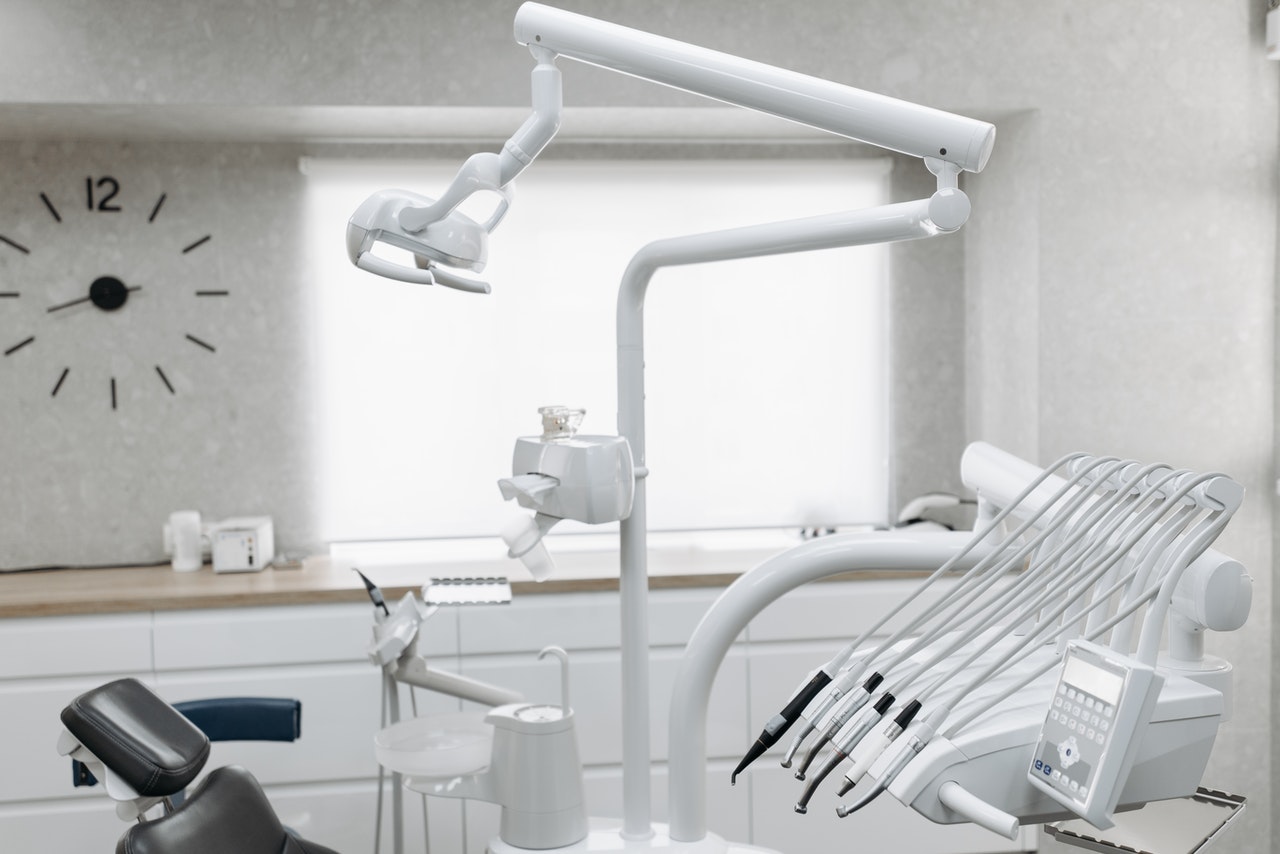Whether you’re new to wearing removable dentures or have been relying on them for years, proper care is pivotal. Not only does it extend the life of your dentures, but it also ensures your oral health remains in top shape. Let’s delve into the essential guidelines to safeguard your investment and your smile.
Navigating the Initial Adjustment Period
Embarking on the journey with removable dentures can initially feel daunting. Many first-time users experience slight discomfort or increased salivation. Fear not, these are common and usually pass with time. Here are a few strategies to ease this transition:
Firstly, patience is your best ally. Allow yourself to adjust without undue pressure. Incorporate a soft diet comprising foods that are gentle on your gums. Think scrambled eggs, yogurt, and soups. As you grow accustomed, gradually introduce firmer foods. Consistent practice in speaking and chewing will accelerate the adaptation process.
If discomfort persists, it’s imperative to consult your dental care provider promptly. They can make necessary adjustments, ensuring that your dentures fit correctly and comfortably.
Daily Cleaning Routine: Steps and Best Practices
Maintaining hygiene is crucial when it comes to dentures. Just as you brush natural teeth, dentures require a cleaning routine. Here’s a step-by-step guide to keep them pristine:
Start by rinsing your dentures under lukewarm water to eliminate loose food particles. Avoid hot water as it may warp your dentures. Next, apply a mild denture cleanser to a soft-bristle toothbrush designed specifically for dentures. Gently brush all surfaces, ensuring you reach every nook and cranny. Regular brushing prevents plaque build-up and staining.
Apart from brushing, soaking your dentures in a cleansing solution overnight is beneficial. This process not only removes harmful bacteria but also reinstates moisture, keeping them from drying out and losing their shape. Follow the manufacturer’s instructions for the specific cleanser you choose.
Avoiding Potential Damages
Denture care goes beyond cleaning; protection is equally essential. Mishandling can lead to chips, cracks, or worse, breaking them beyond repair. Simple precautions can avert such mishaps.
Set up a designated cleaning area that features a soft towel or basin filled with water. This setup serves as a cushion to minimize impact should you accidentally drop your dentures. Always handle them with a steady grip and avoid bending or applying pressure.
Moreover, refrain from using abrasive cleaners or stiff-bristle brushes, as these can scratch the surface of your dentures, undermining their appearance and durability.
Oral Hygiene and Denture Fit
While dentures offer a comprehensive solution for missing teeth, they do not exempt the underlying gums and oral cavity from regular hygiene practices. Keeping your mouth clean ensures healthier gums and a more comfortable fit.
Brush your gums, tongue, and palate daily using a soft-bristle toothbrush. This encourages circulation in your oral tissues and removes plaque. If pastes become necessary, opt for non-abrasive toothpaste that protects the gum tissues.
Proper fit is equally critical. Ill-fitting dentures can create sore spots and, if left unaddressed, lead to infections. Regular dental check-ups, perhaps as part of your preventative dental care services, can help identify any issues early on and ensure your dentures fit perfectly.
Dealing with Staining and Discoloration
Over time, staining is a possibility for denture wearers. Foods, beverages, and even tobacco can contribute to discoloration. While regular cleaning can deter this, sometimes professional help is required.
For persistent stains, schedule a professional cleaning with your dentist. They possess the necessary tools and expertise to restore your dentures to their best appearance. Additionally, consider reducing the intake of stain-causing substances to prolong the pristine look of your dentures.
When Repairs and Replacements are Necessary
Despite your best efforts, dentures may sometimes require repairs. Chips, cracks, or broken teeth warrant immediate attention. Continuing to wear damaged dentures could aggravate the issues, affecting your oral health and comfort.
Consult your dentist at the earliest sign of damage. They can determine whether repairs suffice or if a replacement is essential. Regular evaluations also help in deciding when it’s time for new dentures, ensuring you always have the best possible fit and function.
In some cases, porcelain dental crowns or bridges may be recommended as alternatives or complements to your current dentures, depending on your specific oral health conditions.
Long-term Habits for Maintaining Oral Health
Wearing dentures involves more than just the act of using them daily. Sustaining oral health is equally about embracing healthy lifestyle choices that support your dentures and gums. Avoiding tobacco not only aids in preventing stains but also reduces the risk of gum disease and oral cancer.
Your diet equally plays a significant role. A balanced diet rich in vitamins and minerals helps maintain robust gum tissues, underscoring the importance of regular check-ups and perhaps adjustments to your diet.
In essence, combing good daily habits with professional dental services guarantees comprehensive care for your dentures and oral health.
Professional Support is Key
Your partnership with a dental care provider forms the cornerstone of successful denture maintenance. Regular check-ups pave the way for timely adjustments, prevent potential issues from escalating, and keep your oral health in check.
Ensure your dentist is aware of any discomfort or changes in how your dentures fit. Open communication fosters trust and ensures you receive guidance tailored to your specific needs.
In conclusion, caring for removable dentures involves a holistic approach that encompasses not just cleaning, but also adjusting lifestyle habits and engaging with dental professionals regularly. It empowers you to wear your smile confidently every day.



